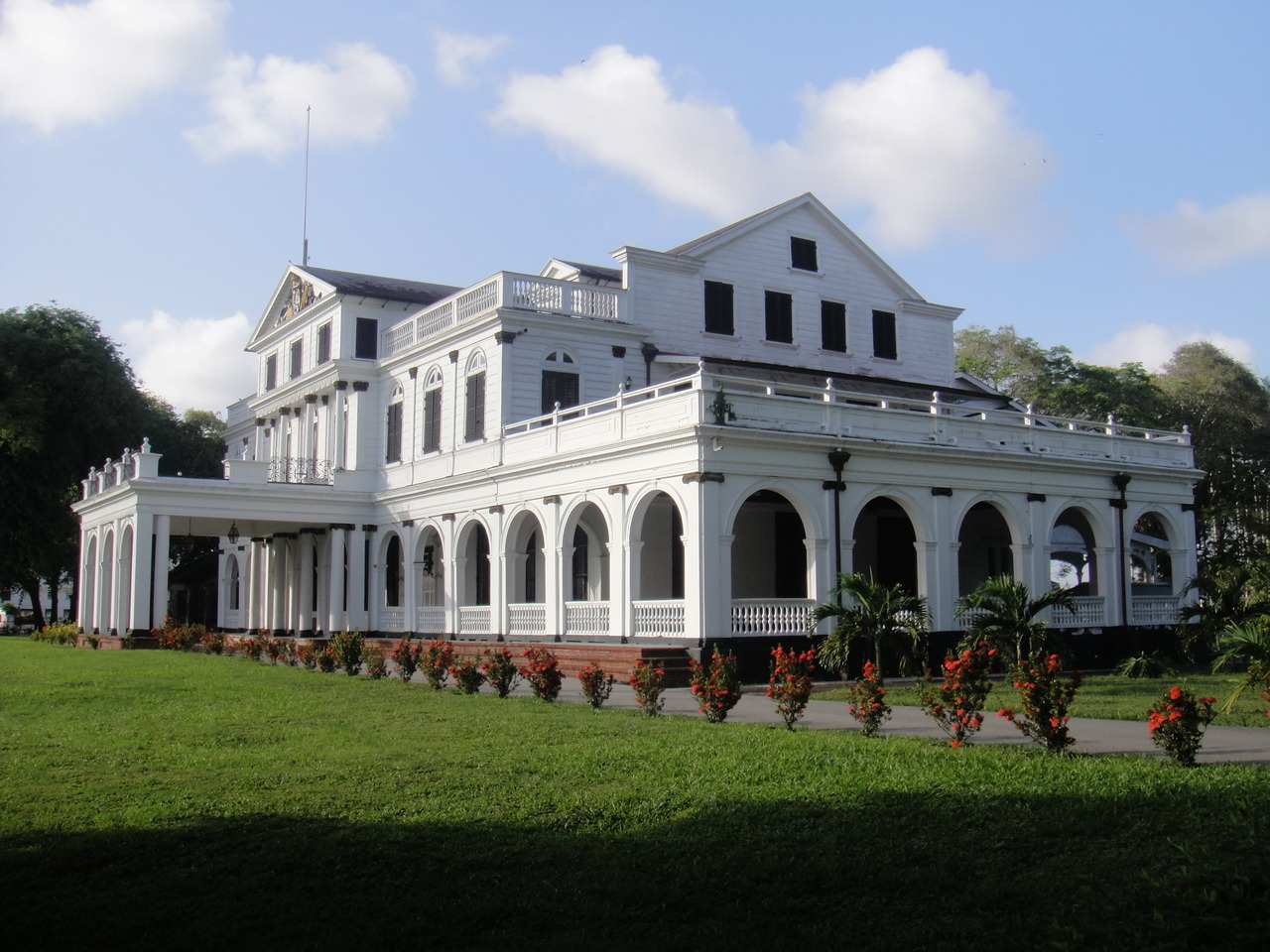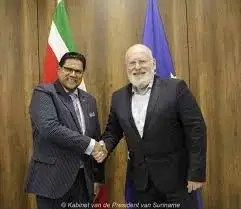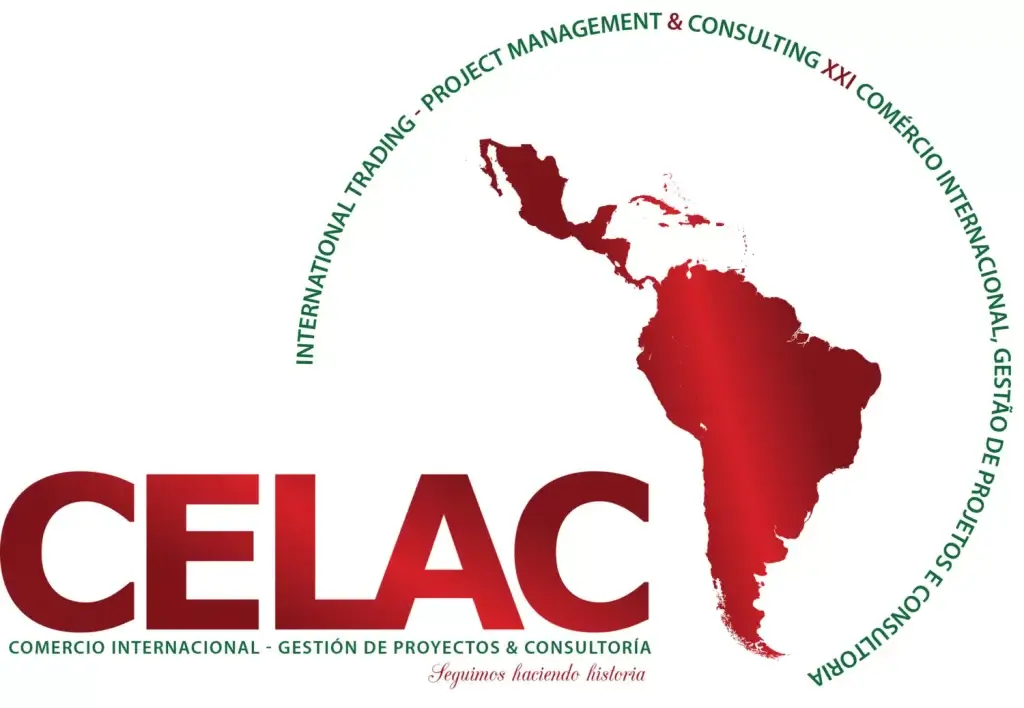Lessons in lobbying

Promoting and improving image
eyesonsuriname
Brussels, July 19, 2023 — It’s not even that terribly difficult. Anyone who has been paying attention has seen it all happen. Over the past fifteen years in particular, various countries, regions and cities have increasingly started lobbying in Brussels.
“For a long time only the large companies, countries and cities had regular lobbyists in Europe, but in the last ten years almost everyone has been there,” says a lobbyist friend who previously held a senior position at the Ministry of Foreign Affairs in his country. He took early retirement and became a consultant in Brussels.

Countries and regions are apparently increasingly realizing that it pays to show and be heard in Brussels.
But the transfer of tasks to companies and municipalities is also an important cause of the migration of lobbyists to Europe, he says. ‘In addition, there are more European and geo-political subjects than before that countries can use in their policy, for example, such as the digital transition and the circular economy.’
Money is by no means always the goal in itself.
Lobbying is usually not done in public. That raises the question of what exactly it means. In principle, it is all about exerting influence on policymakers and decision-making authorities in administrative bodies.
“It actually consists of two elements: responding, for example, to a proposal from the European Commission, or by submitting an initiative to let it be known that you want something to happen.”
A lobbyist friend for a Spanish company sees lobbying mainly as relationship management. “You make sure you maintain a relationship well. That has no beginning and no end. Many lobbyists in Europe have many so-called annual rings: for example, they start as a trainee at the age of 25 and are still there ten to fifteen years later. They have often already lobbied for more clients by then.’
Subsidies
A large part of the expenditure of the European Union goes to subsidy schemes, funds and other financing options for governments, among others. That assumes that raising money is the main goal of lobbyists. This can be done, for example, by linking an idea from a company or country or region to a European project, which then generates a subsidy. “But money is not always the goal in itself,” says the lobbyist.
As an example, he gives the city of Pamplona, where an energy transition must take place. ‘Physically there is little space to place wind turbines, for example. The city has a great need for knowledge about how this can be done. The city wants to develop this knowledge together with other European cities.’

Thanks to the lobby, a consortium has been formed with cities from Spain and Finland, among others, under the banner of European Smart Cities. ‘And of course it’s great that we also received a subsidy of more than 8 million euros for it.’ ‘It is also very important that you have knowledge that your partners can use. Don’t forget that Brussels needs food from intermediaries. And they are now called lobbyists.”
What the lobbyists are committed to in Brussels, of course, is determined by the boards of the bodies they work for. Van de Ven (Eindhoven): ‘The municipality’s Europe team, part of which is based in Eindhoven and part in Brussels, maintains close contacts with policymakers from other countries. That team informs and advises them on what they can or cannot bet on.’ The lobby’s strategy is then a matter for the lobbyist, he says. “We are in all sorts of networks for that.”
It is difficult to say how long an average lobby lasts. “Especially when it comes to regulations and processes, it can take months and even years. The sooner you are there, the better chance of success. Sometimes these are topics that you really have to run fast for, because they suddenly appear on the agenda, but a dossier can also drag on for a long time.
Multiple lobbies at the same time
It is therefore not surprising that countries, cities and regions usually have several lobbies running at the same time. For example, a Brazilian from the south of his country lobbies a lot for cross-border mobility. “With the argument that this is a good method to bring together residents of different countries.”

But his lobby also jumped into the breach last fall on trade fair-related issues. Support For Brazil, but also for other countries such as Indonesia and of course for Suriname, strengthening the high-tech manufacturing industry would be an important spearhead in the lobby as an example. Hence the commitment to Vanguard, a partnership of thirty European regions aimed at so-called smart strengthening of the European manufacturing
industry.
“We wanted support from the European Commission for this. With the help of the European Parliament, support has been created for it and it has led to financing.’ This lobby was also conducted by other regions in the country.
How exactly to proceed in a lobby is the secret of the lobbyist. But how things are in general, the lobbyists are happy to tell. He used to work for a public affairs firm. “They told me that it is important to get a quick picture of the playing field; you first have to see who is “against” you, then who you are “with” and then come up with arguments to get the first category on board as well.’
Forming alliances is crucial: “The more alliances and the better they are, the more powerful the lobby.” Not to mention the many networks such as Eurocities (general network), ERRIN (research and innovation), POLIS (mobility) or Energy Cities. : ‘Within this you can collaborate with other countries and cities or regions with the same interest.’
Collaboration in thematic networks possible.
The partners of the countries are, for example, companies or universities. The Burgundian way The search for cooperation runs more smoothly in the Brussels way. ‘ That is the Burgundian way, after a glass of wine the back of the tongue often comes forward. You have to look for those moments. That is why it is of great value for non-Europeans, for example, to invest in manpower in Europe. A lobbyist must be there at least three days a week, so that you can also dine in Brussels and visit drinks in the evening.’

The term of office of the current MEPs and members of the European Commission usually ends after elections. After the European Parliament elections, musical chairs take place. Then again busy times for the lobbyists. Especially in the knowledge that the current funding period will then expire.
eyesonsuriname









